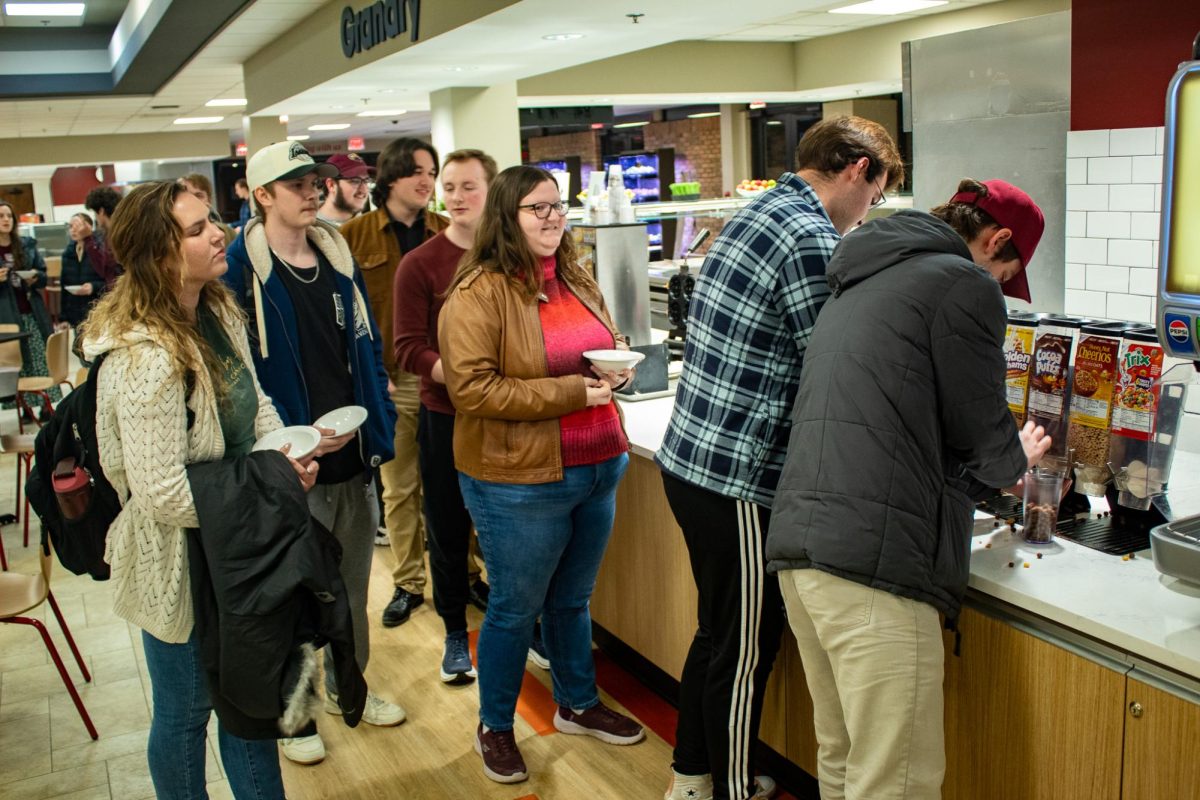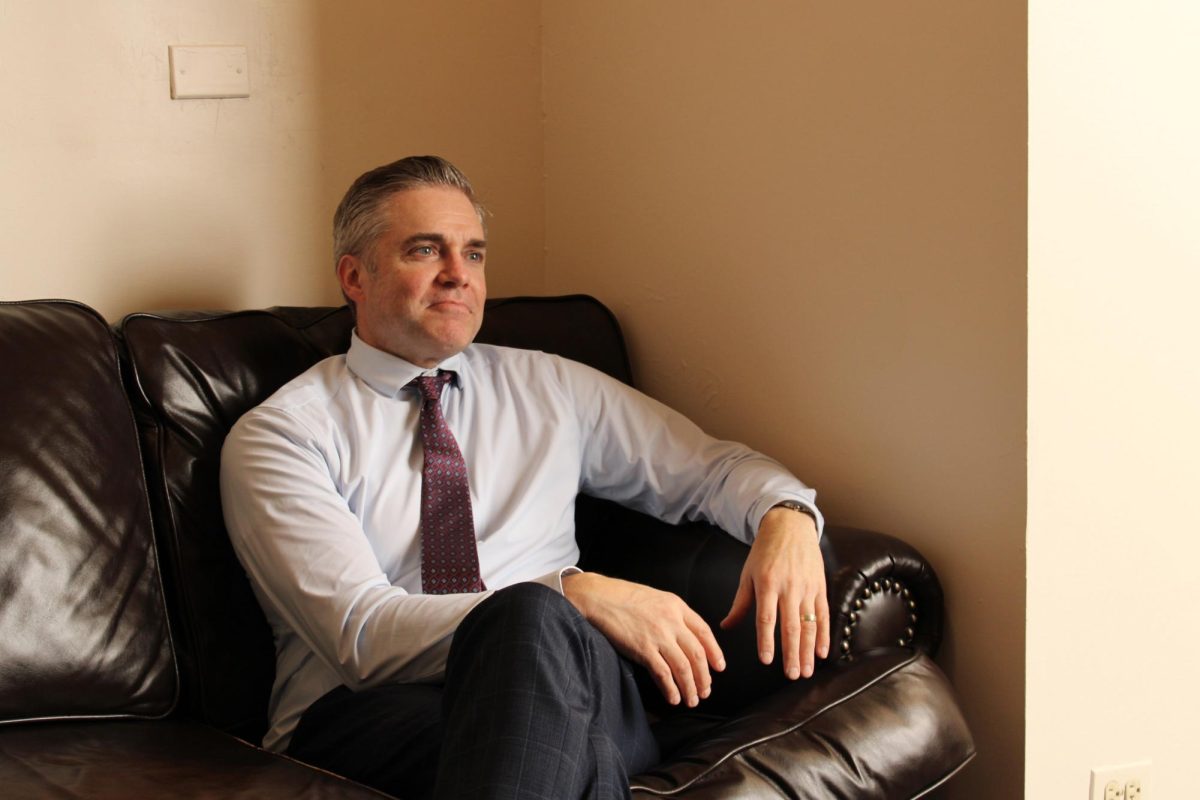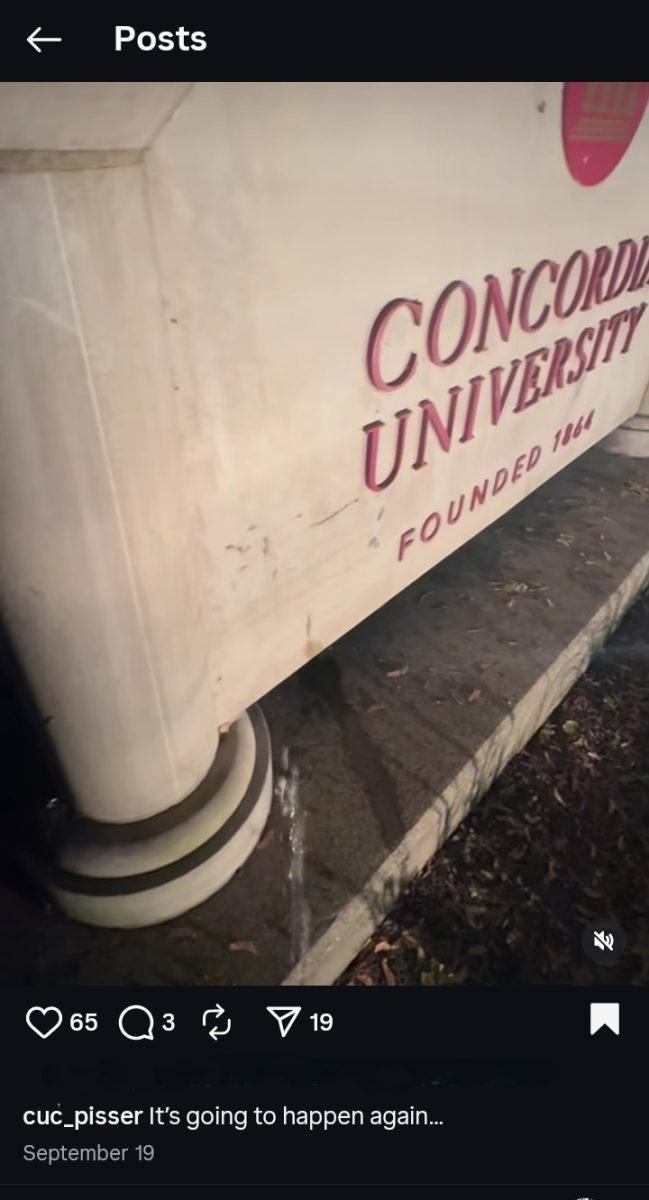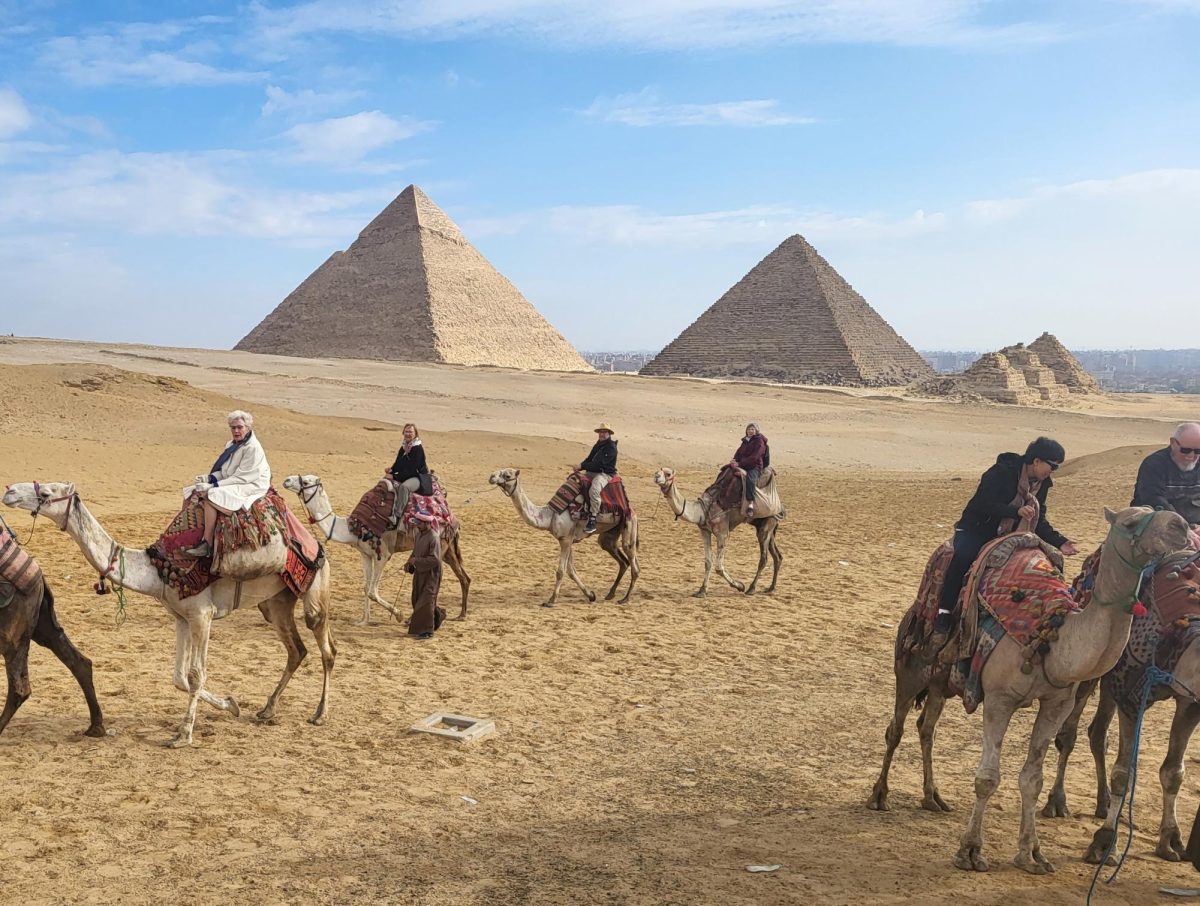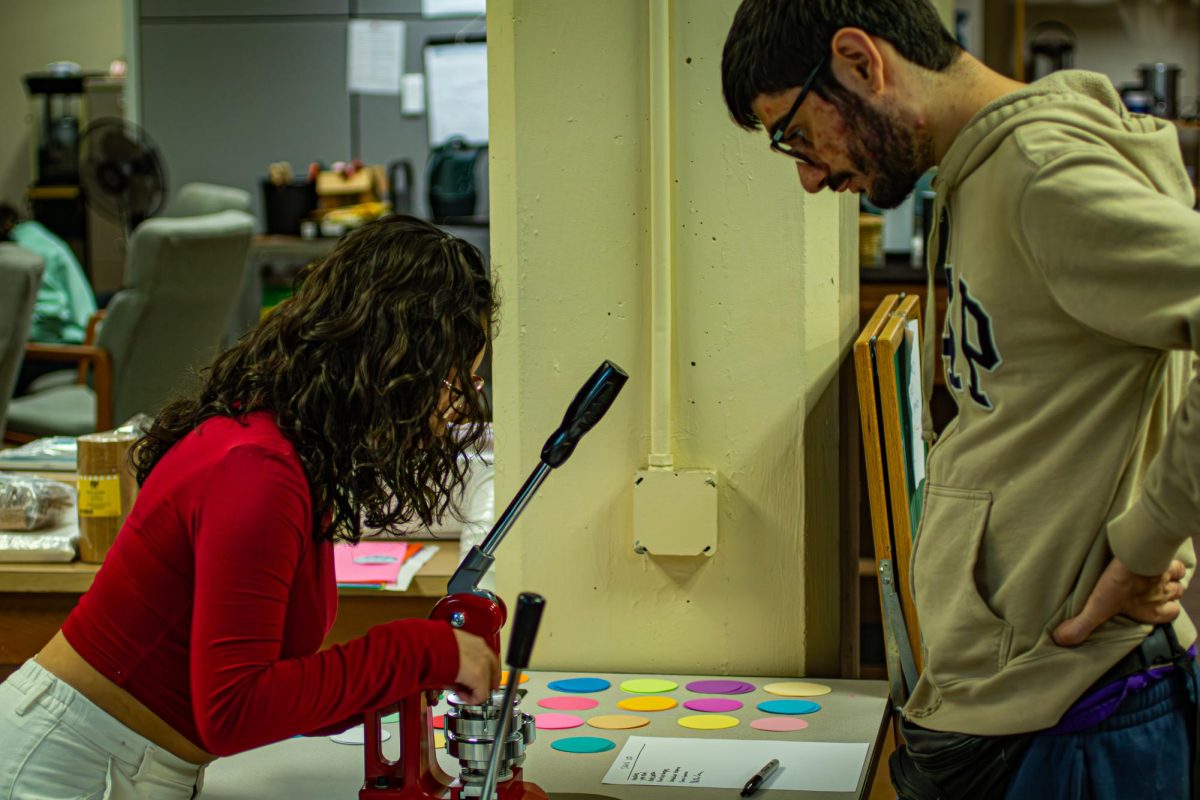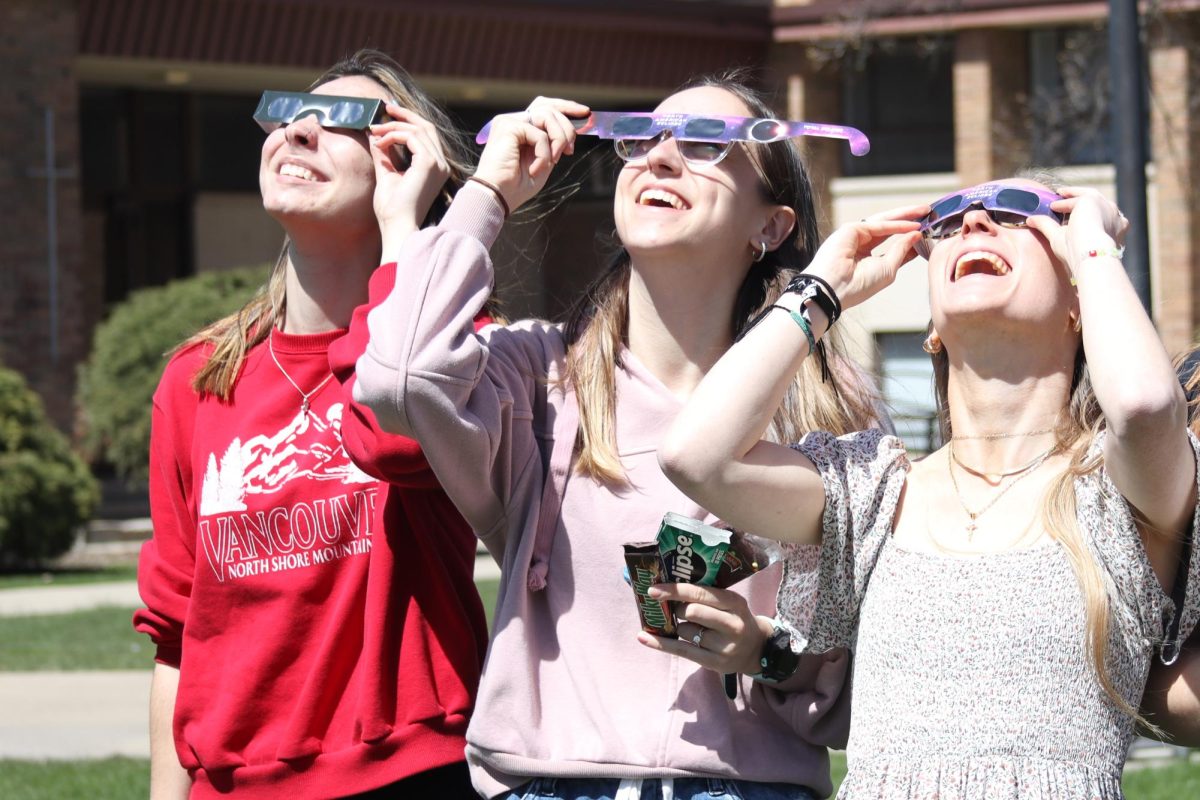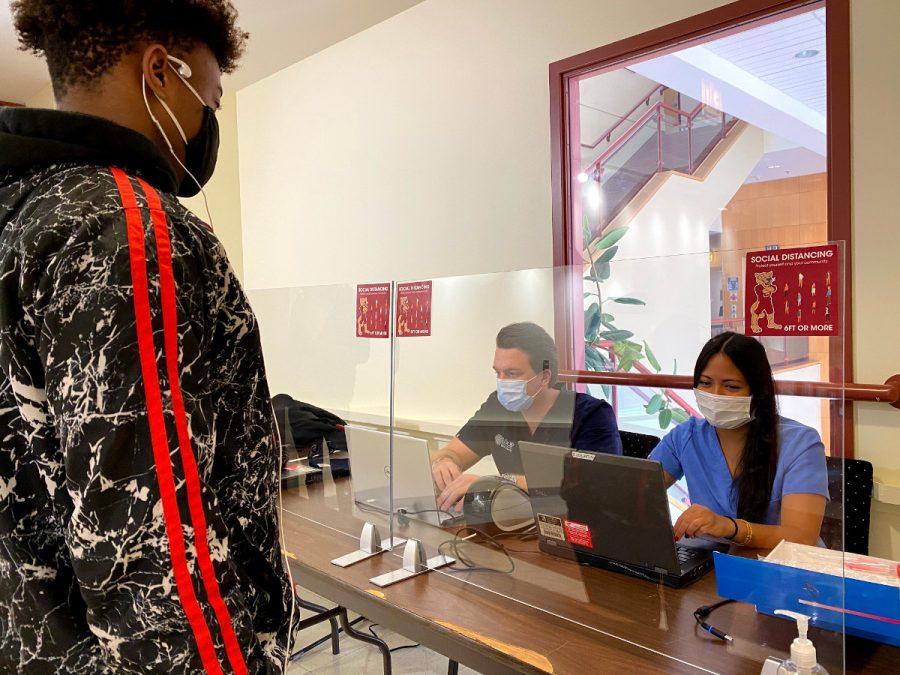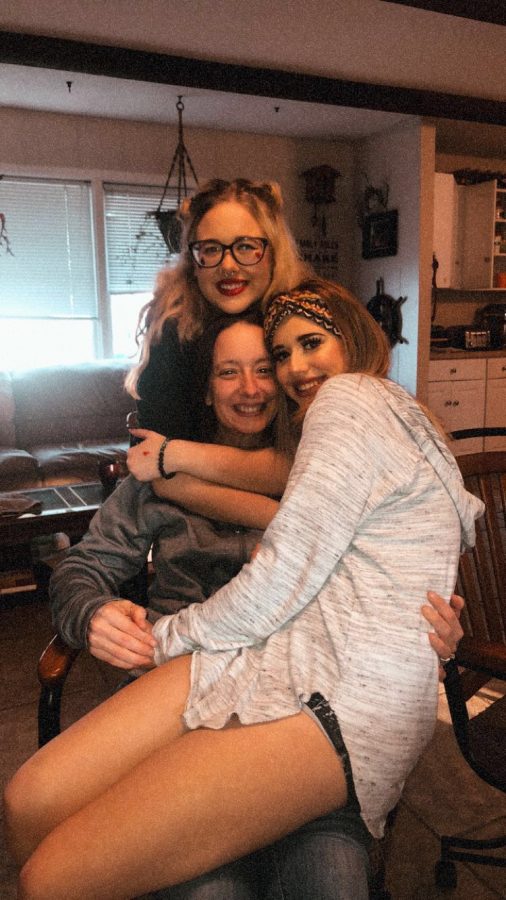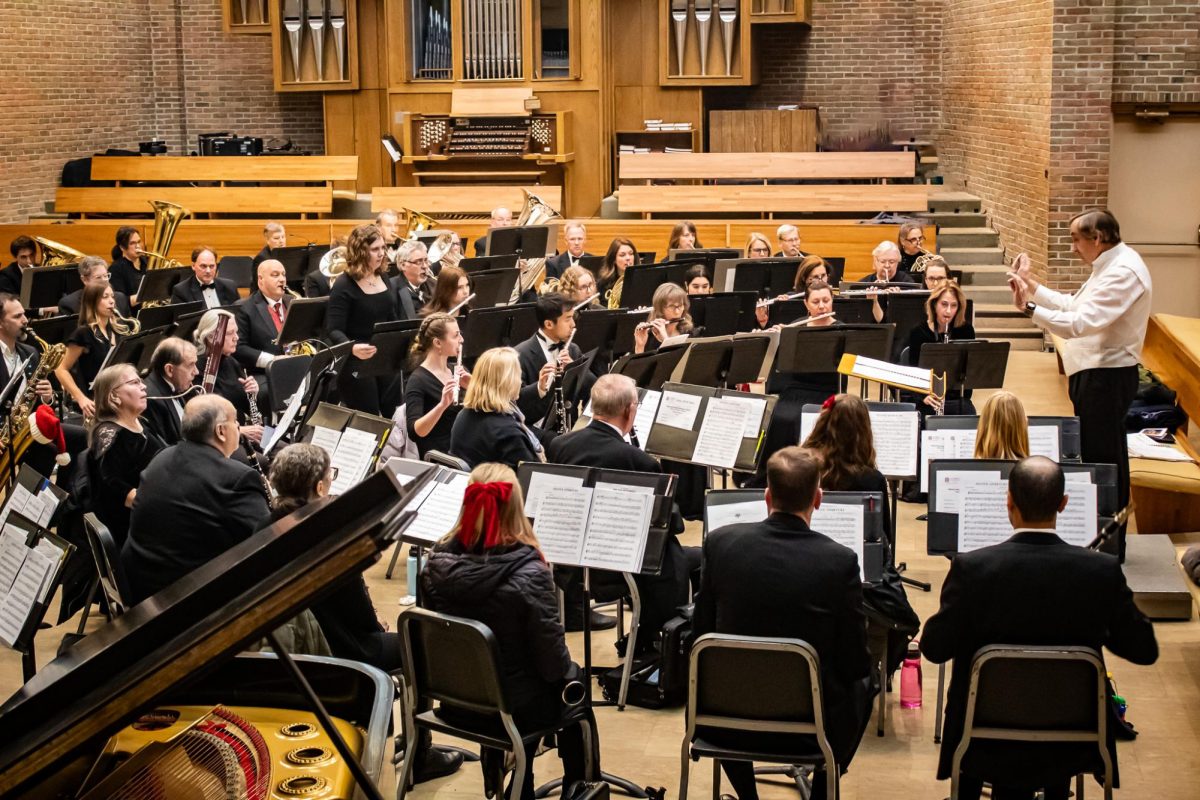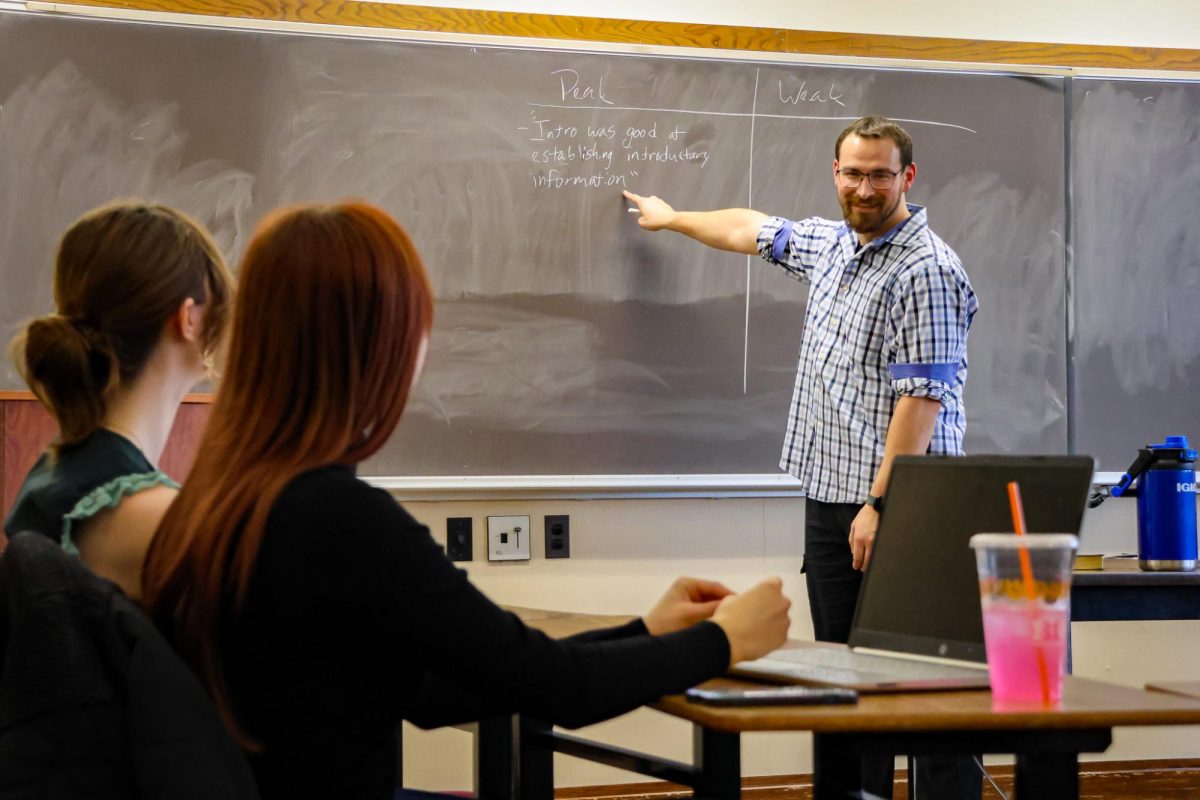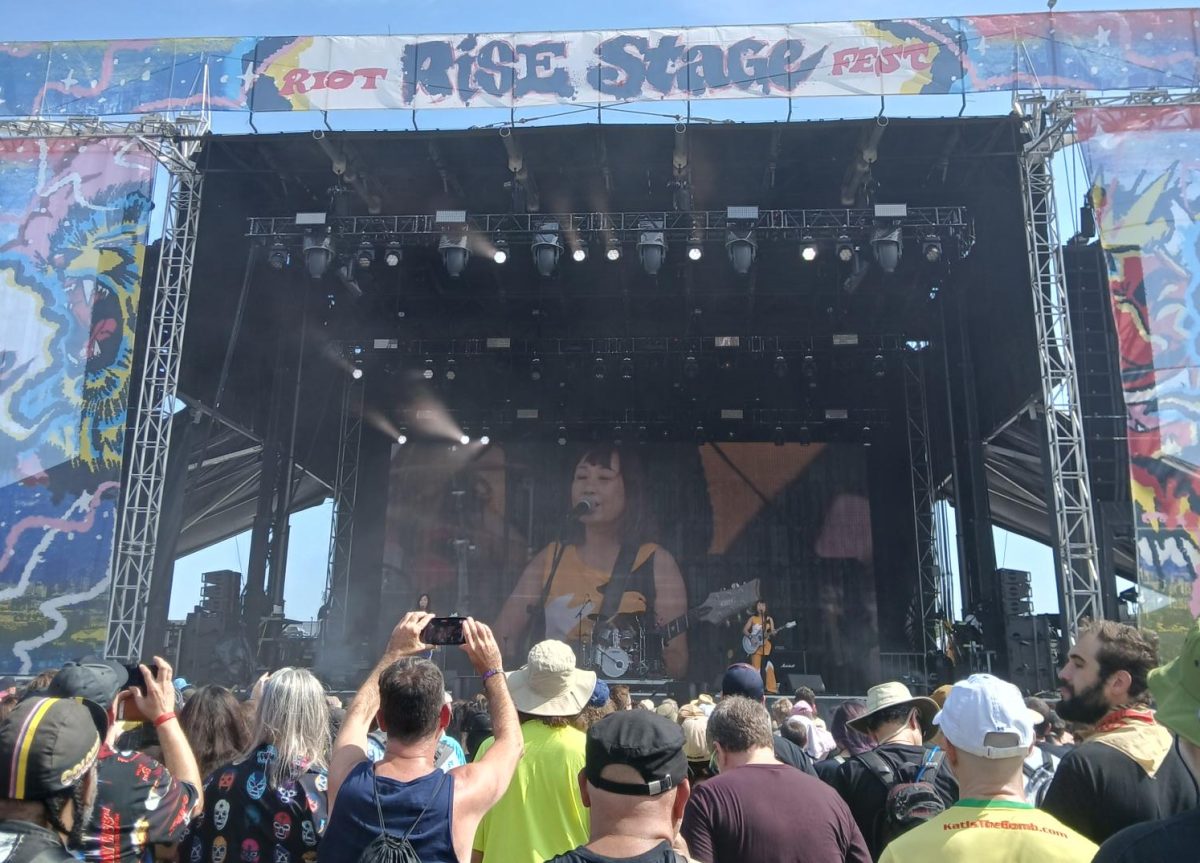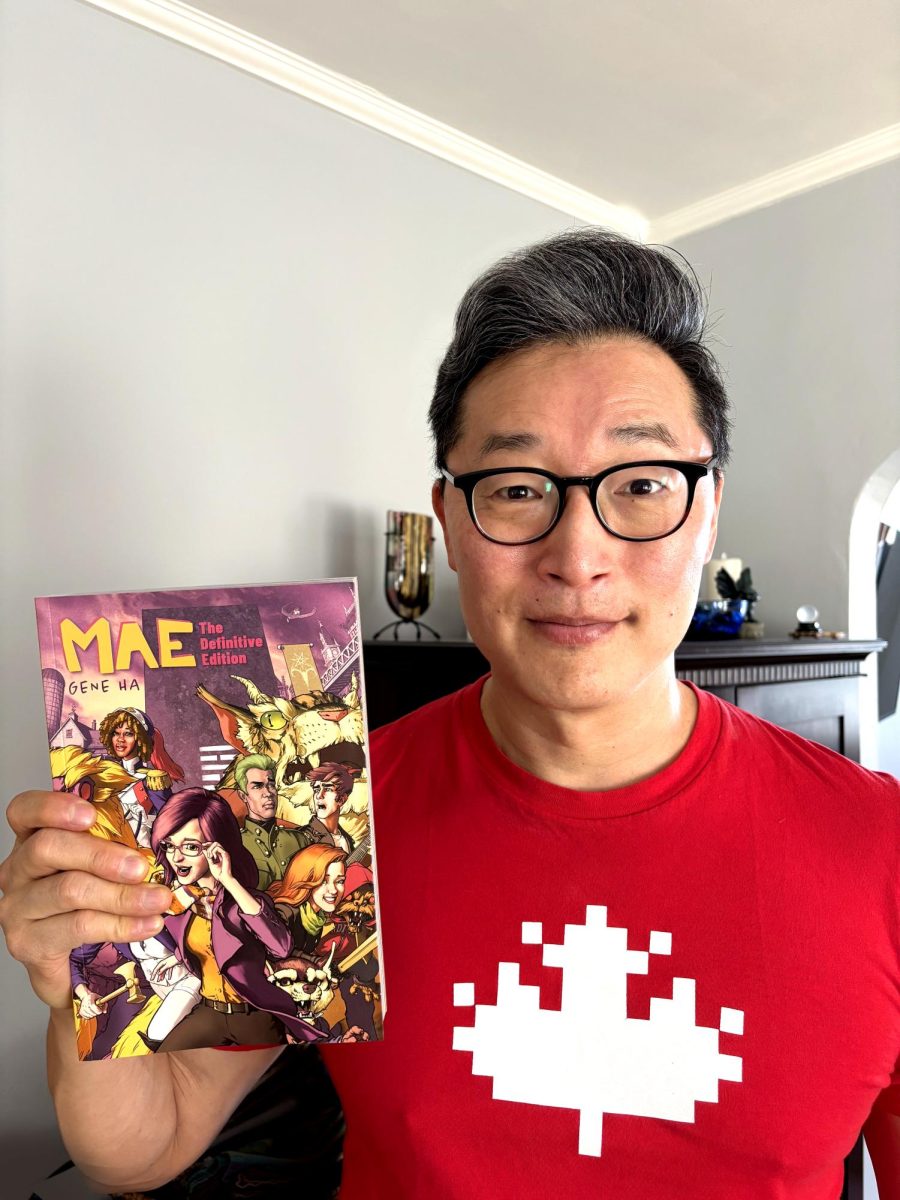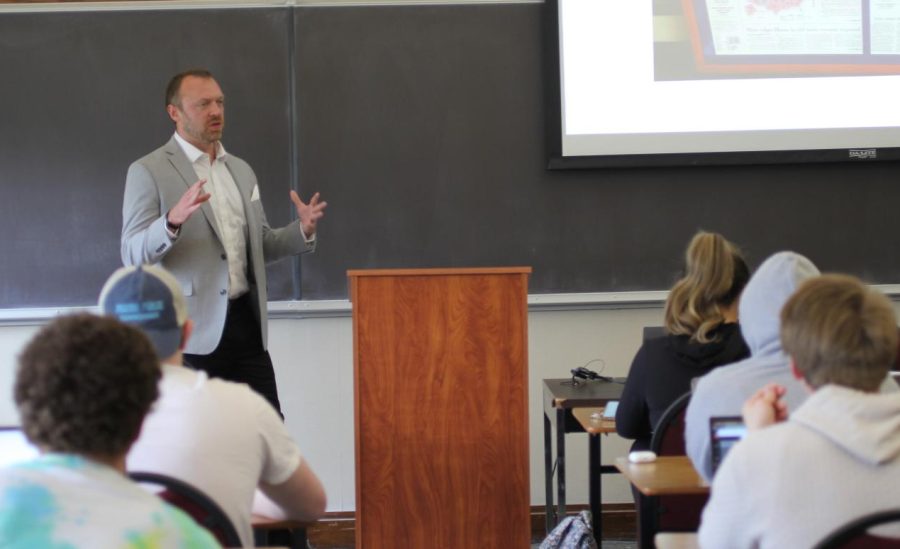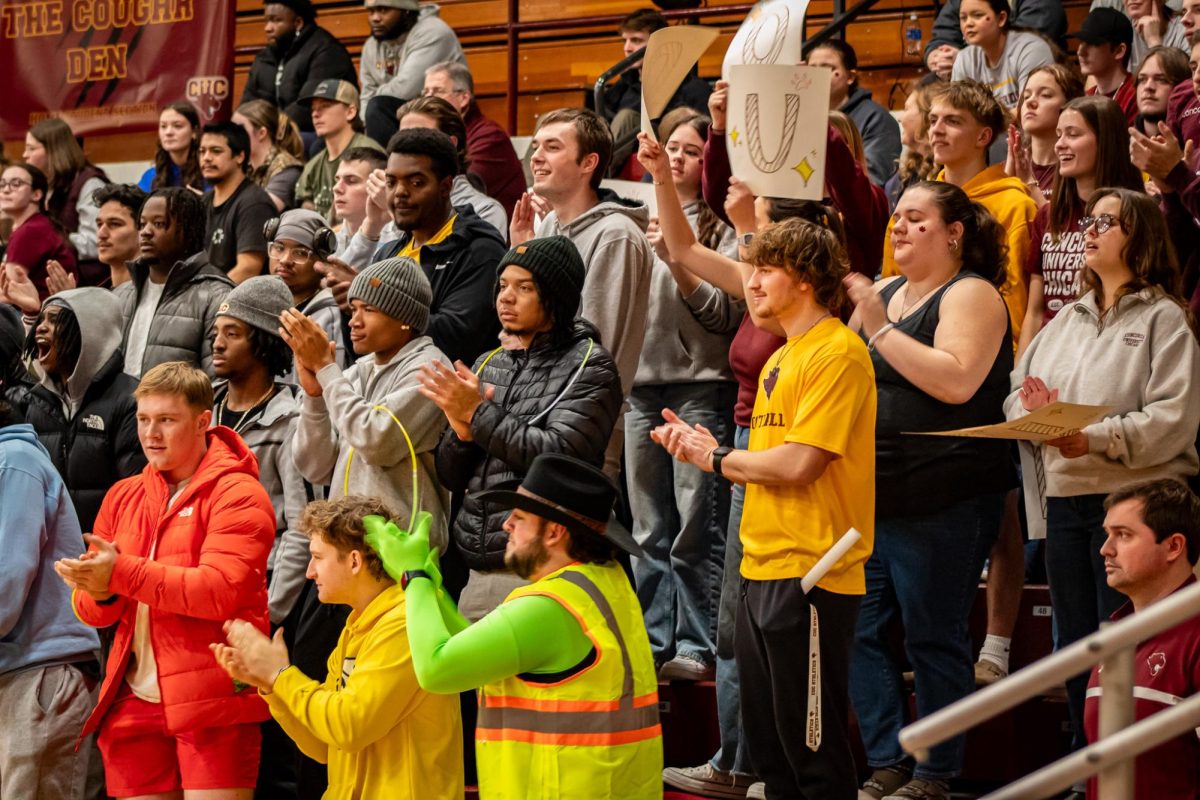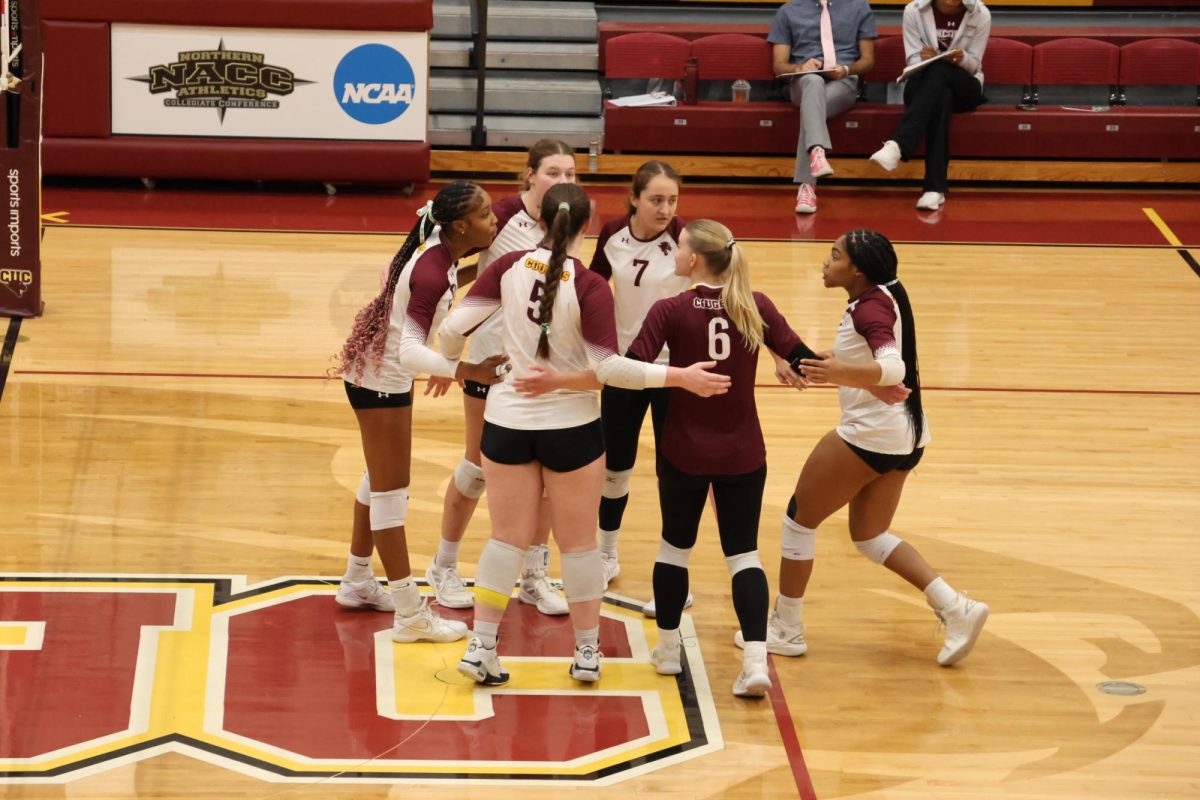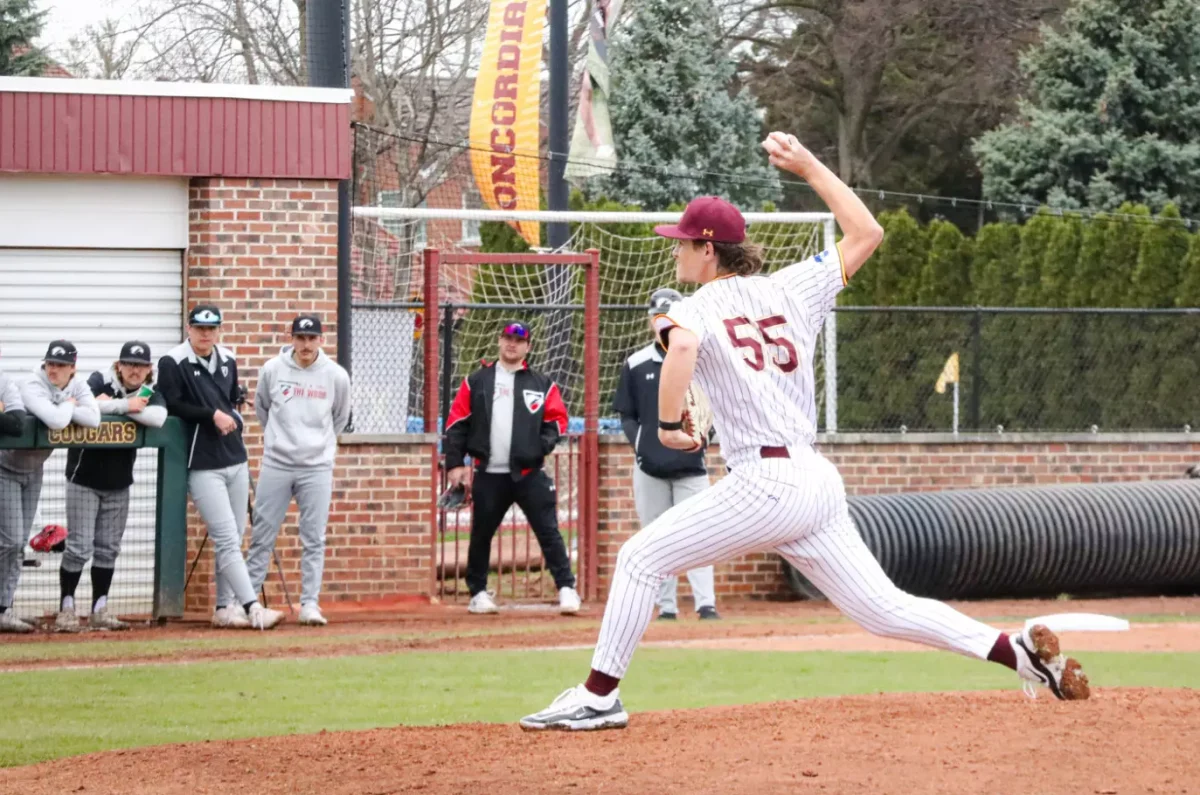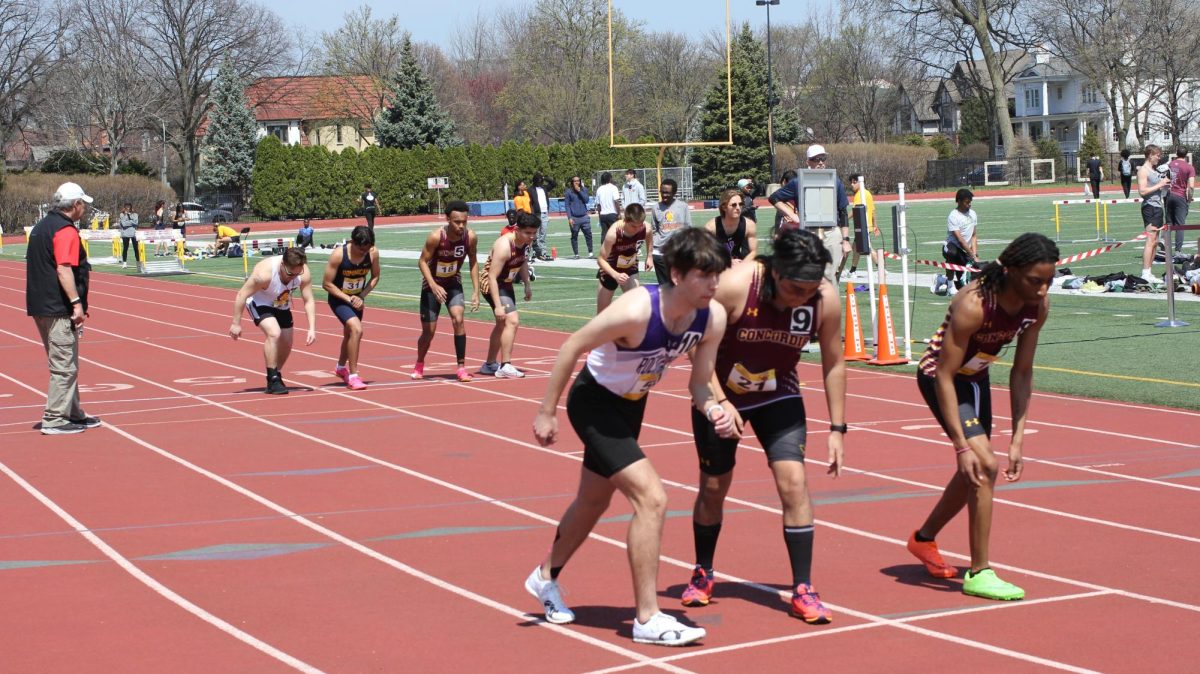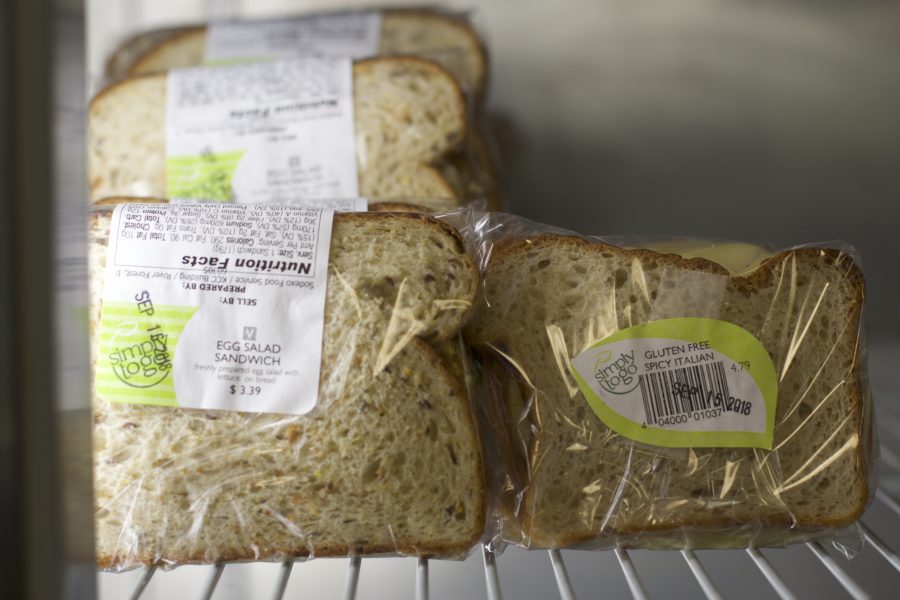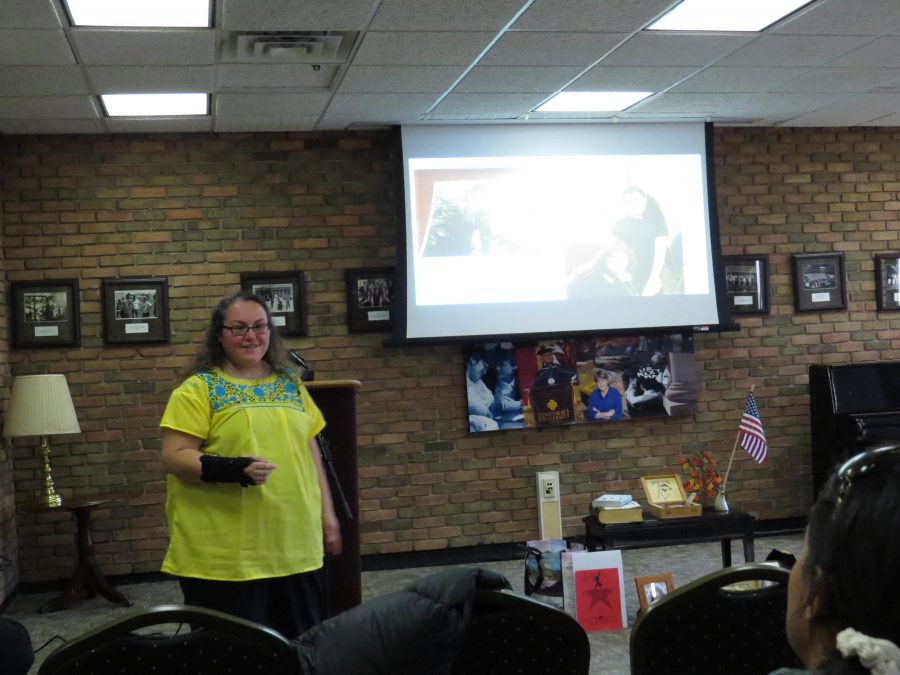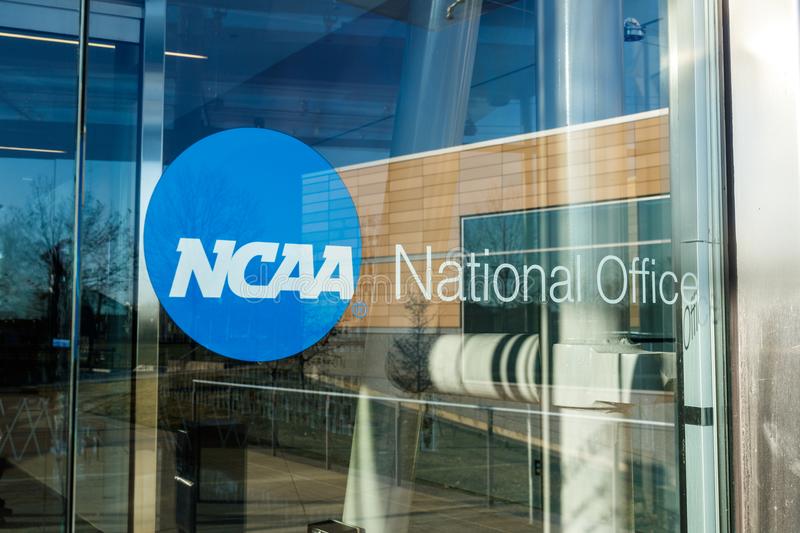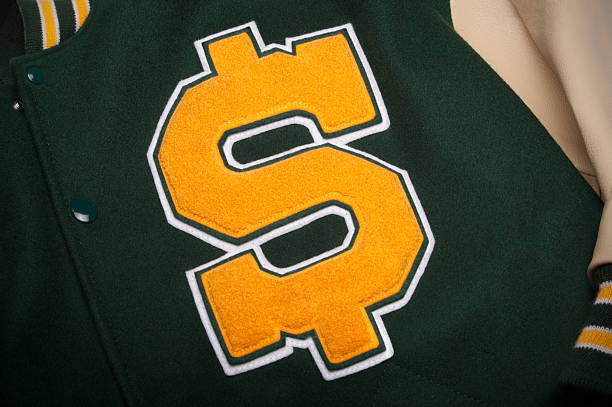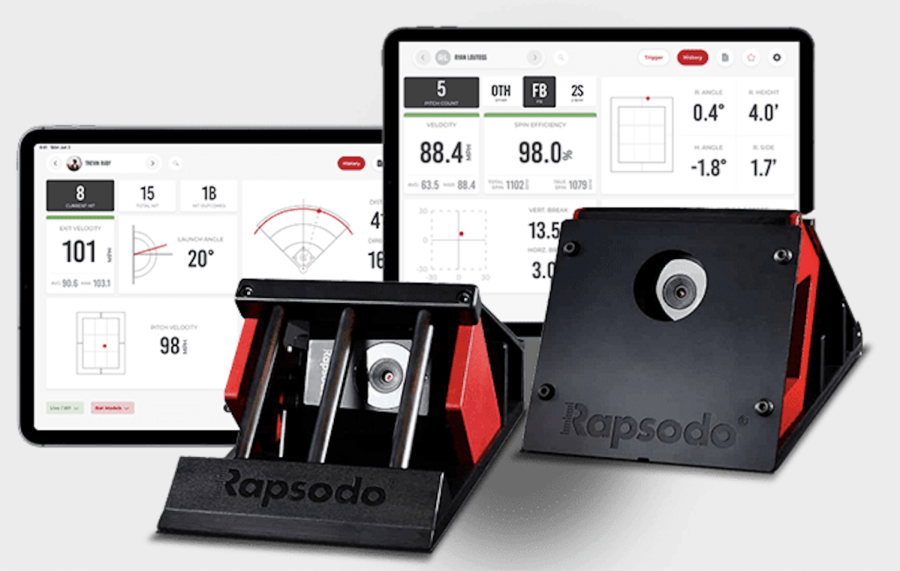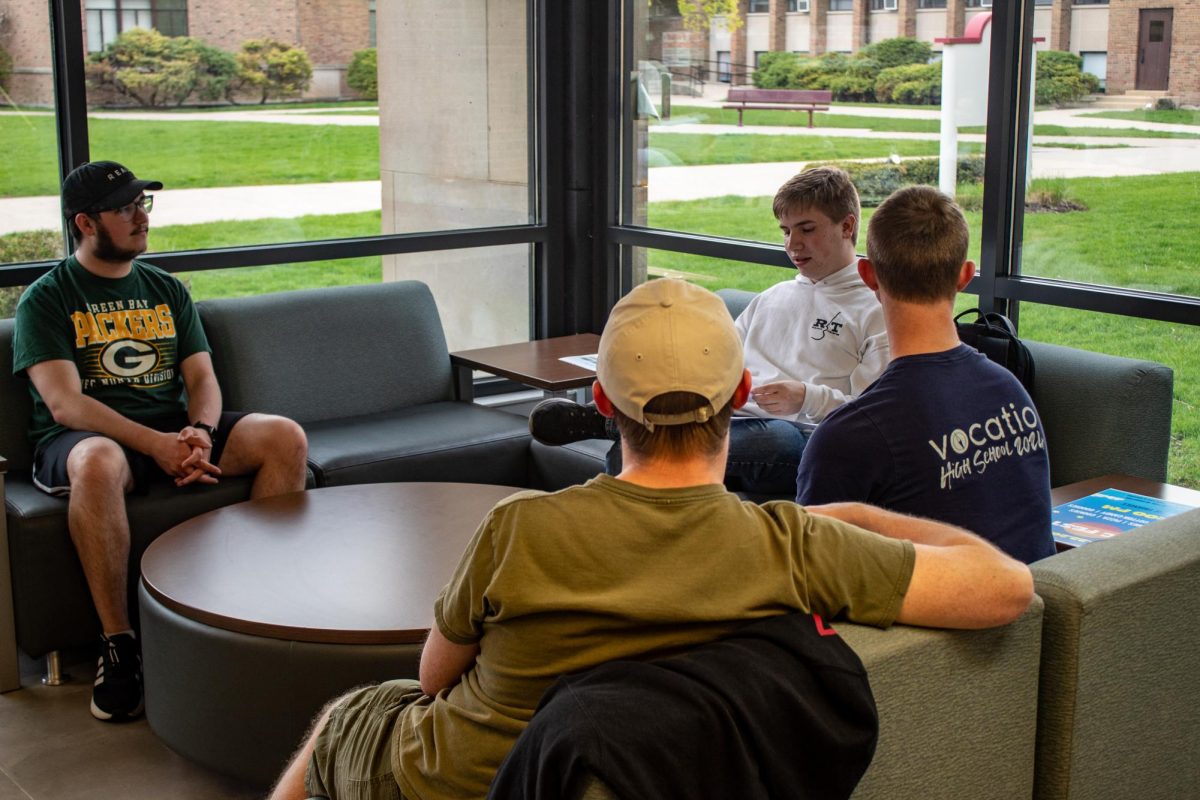Written by Mattie Rametta
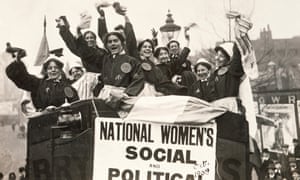
On October 28, 2019 the Women and Gender Studies Department held a Brown Bag Series discussion, “Votes for Women: Deconstruction the Suffrage Narrative.” The panel was made up of David Bates, Assistant Professor of History, Karen Cruz, Assistant Professor of English, Dr. Michelle Morkert, Professor of Women and Gender Studies, and Steven Wente, DMus, Distinguished Professor of Music. This discussion comes at an important time, leading up to the upcoming 100th year anniversary of women’s suffrage and the ratification of the 19th amendment.
Bates chose to highlight women like Ida B. Wells who played a large role in the Suffragette movement. The conversation quickly shifted the idea that while women were granted the right to vote in 1920, not all women were granted this right due to the racism and exclusion of people of color at the time. The work that Ida B. Wells was doing was not only to be on par with men but to elevate her race as well because suffrage is not binary, it encompasses race, class, etc.
Cruz continued this conversation relating the right to vote to the women who had the socioeconomic means to be heard. Cruz continued the discussion by pointing out that a frequent campaign to why women should have the right to vote because they are mothers, making an interesting point to the way this relates to modern feminism. The liberation of women was a long process tied to motherhood and traditional ideas of women being a moral compass.
Wente did a short analysis of “Songs of Protest” from this era, looking at the lyrics and impact their words had on this movement. They crafted songs that would become earworms by use of pre-existing songs.
When asked why she felt it was important that we have these discussions on campus, Dr. Morkert said, “It’s important to think about all our rights and how we got to where we are today and it’s also important, just as an institution of higher learning, to be thinking of all the nuances, so what were the conversations about voting and examine that then wonder aloud what is the conversation around voting today.”
You can find resources on the Women’s Suffrage Movement in the Klinck Memorial Library.

